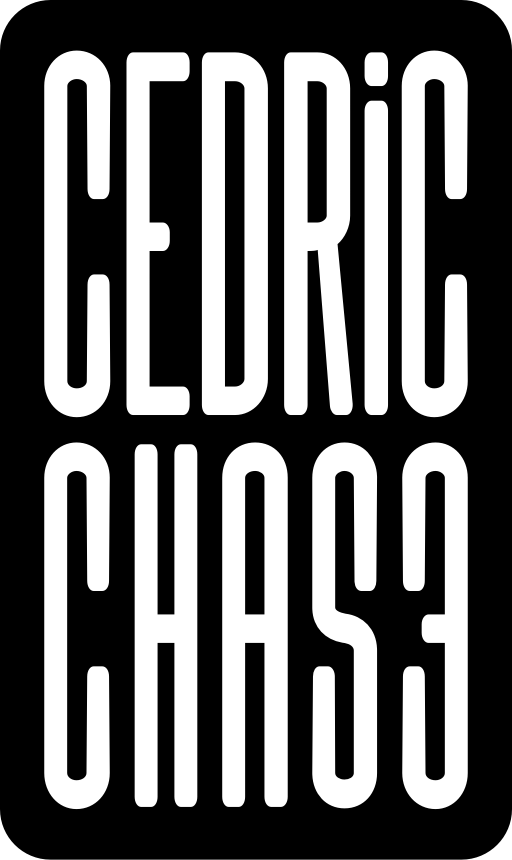Four Types Theory
A Quick and Dirty Classification System for You and Your Friends
Can you categorize everyone you’ve ever known into one of just four personality types? I think so.
Over my 5+ years of employment at a certain big box retail store, I interacted with countless people from all walks of life - both coworkers and customers, and I developed a system to quickly make assessments on just exactly what type of person I was interacting with. Over the years, time and time again my system has been accurate and helped me shape my interactions with coworkers, friends, acquaintances, and strangers. I present to you the Four Types Theory.
This is an ongoing thought experiment of sorts that I’ve had bouncing around in my head for more than a decade now - it’s about time I wrote it down.
So hear me out on this one: If we ruthlessly classify people using using one trait from each of the two categories below, we can gain a better understanding of what makes them ‘tick’, and where they may find success or fail in certain situations. The ability to quickly make this sort of off the cuff judgement is obviously of great benefit to those in managerial roles but is also helpful in providing insight into coworkers and friends alike, helping better equip you to relate to and understand the actions of these individuals.
The categories:
Innate Intelligence
Intelligence of an individual is not just a measure of how much knowledge they’ve acquired over the years or random facts they can recall. The general level of intelligence of a person deeply nuanced trait to ascertain. You must consider the person’s overall wittiness, their response to certain changes in their environment, and willingness to do research on their own to overcome various challenges as they present themselves in their daily life. Essentially book smarts are equally as important as so-called ‘street smarts’ when deciding if you believe a person (including yourself) has high or low intelligence.
Traits
High Intelligence: Bright
Low Intelligence: Dim
Work Ethic
A person’s work ethic can sometimes be much easier to quickly determine than intelligence. Ask yourself: Is this person willing to put in the effort required to achieve their goals? Has this person even put in the minimal effort it takes to determine what their goals are? Be careful to not conflate work ethic and ambition. A person can certainly be happy with where they are in life or employment, uninterested in moving up or advancing, but still be considered a hard worker.
Traits
High Work Ethic: Focused
Low Work Ethic: Slacker
People You Know
Think of a few people you know, I bet you can quickly ascertain which traits apply to various friends and colleagues. I bet you could do this for everyone you know, including yourself. You may even know a few folks that have changed classifications.
One interesting observation is that it’s possible for a Dim:Focused person to work hard enough to change and become aBright:Focused. As you could probably guess, a Dim:Slacker changing to a Bright:_____ is much more rare, as doing so requires a lot of work - which with the Slacker trait means they definitely won't want to do.
Another interesting aspect of this is that a when presented with this theory, a large number of people consider themselves to beBright:Slackers. Sometimes they're correct... but often they're really just optimistic Dim:Slackers in denial.
This theory was never meant to insult anyone or make anyone feel bad about being a slacker or not being “bright”. When you take a moment to have some introspective and honest thought about yourself and the traits that most apply to you, you might just find that the extra bit of added insight is helpful.
Or maybe not.

